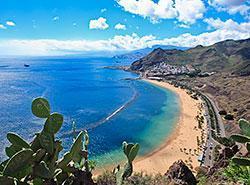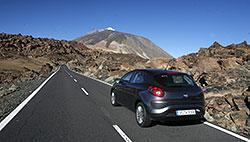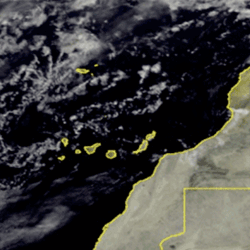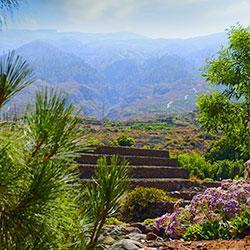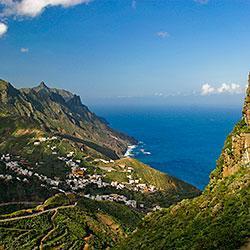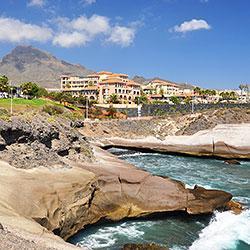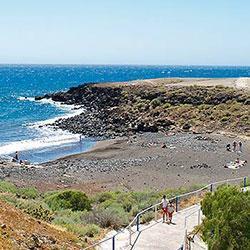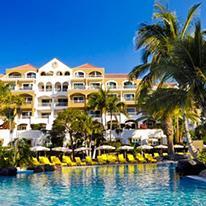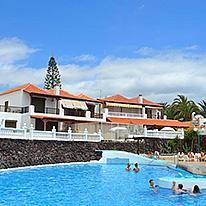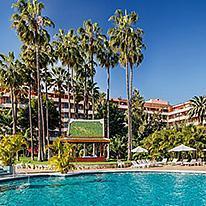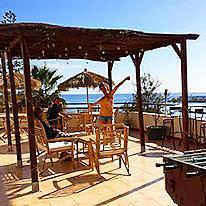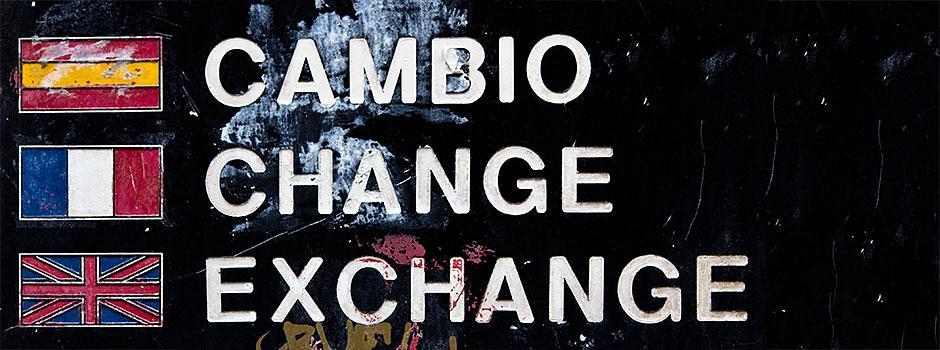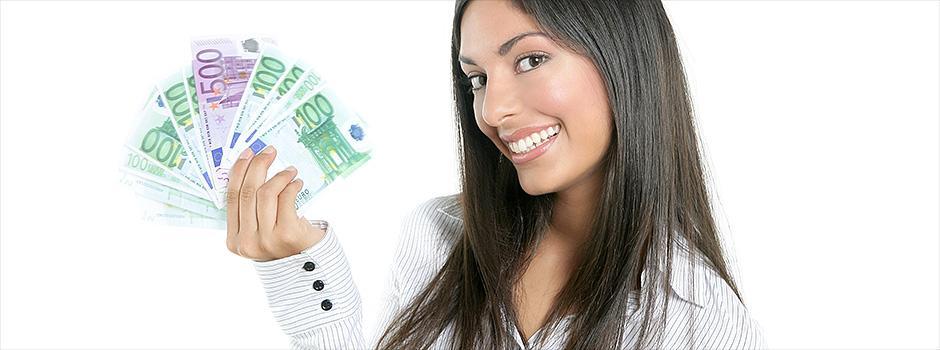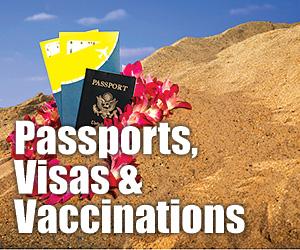The Euro is the currency of the Economic and Monetary Union and was adopted by 11 state-members from the European Union on the 1st of January 1999 and was legal tender from January 2002: Portugal, Belgium, Germany, Spain, France, Ireland, Italy, Luxemburg, the Netherlands, Austria and Finland. In 2001, Greece also adopted the euro and over recent years many more countries have began to use it. By the beginning of 2011, a total of 23 countries were using this currency.
The symbol of the euro is an "E" crossed by two parallel lines. It is inspired on the representation of the Greek letter epsilon, calling up the birth of the European civilization and the first letter of the word Europe. The two parallel lines represent the internal stability of the Euro.
The circulation of the euro starts on the 1st of January with 7 different bank notes and 8 different coins: bank notes of 500, 200, 100, 50, 20, 10 and 5 Euros, and coins of 2 and 1 Euros and 50, 20, 10, 5, 2, and 1 cents.
Although the coins have both a European common side and a specific national side, they are accepted in all the countries that joined the euro currency and the same is applied to bank notes.
Both bank notes and coins were also conceived for people with visual disabilities. Therefore, the bank notes –besides having different sizes– count on elements that allow the identification of the different notes through touch.
If you are looking for places to exchange money, there are a variety of options. Banks are generally open Monday to Friday between 09.00 and 14.00. Most hotels offer an exchange service, as do travel agents. A good tip is to look out for ‘cambio’ signs. Exchanges rates are variable and will differ depending on where and when you change money.
Travellers cheques are safe and easily cashed at banks and exchange offices throughout Tenerife. Remember that you should keep the bank receipt listing the cheque numbers separate as well as those that you have already cashed. If your cheques are lost or stolen this will be of great help.
Credit and debit cards are by far the best way to organise your funds. There are no large amounts of cash to worry about and you have access to money at all hours. Banks charge for each cash advance and ATM transaction – so bear this mind if you are withdrawing small amounts often.


